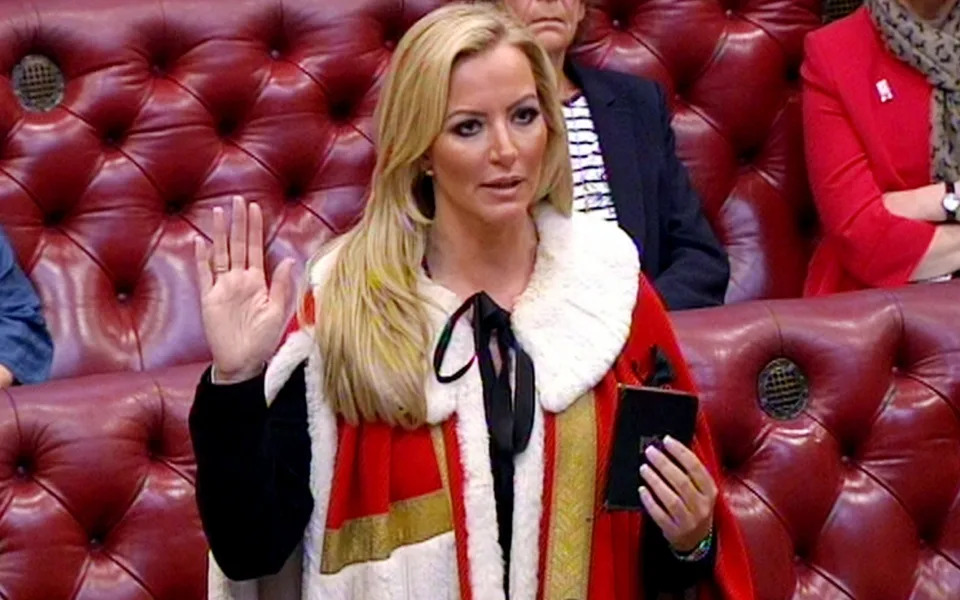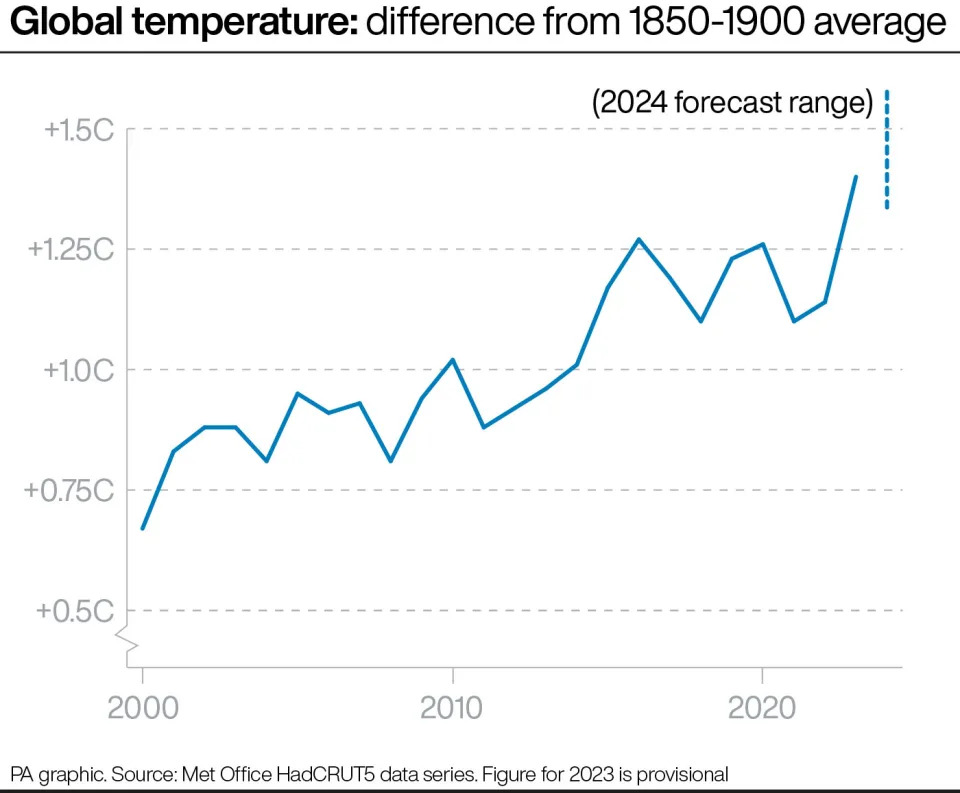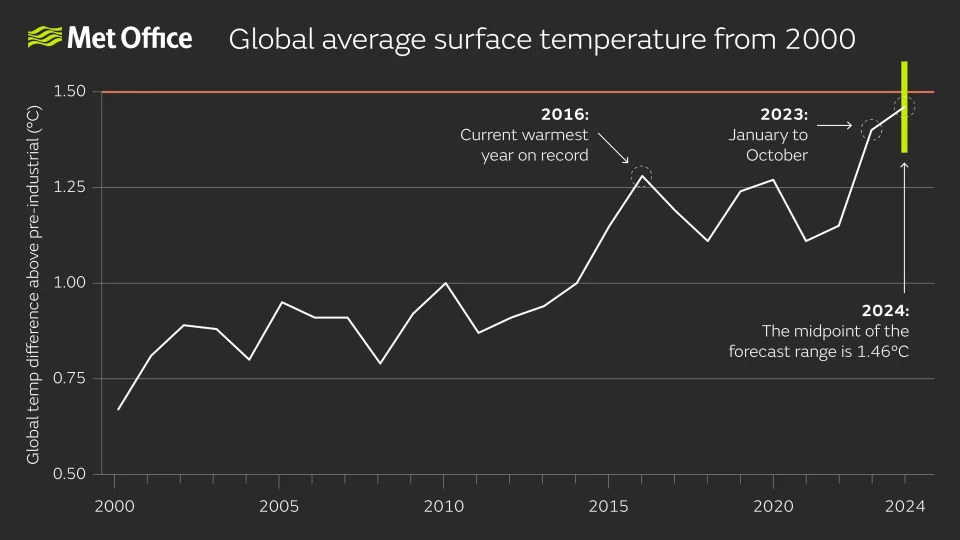YE OLDE FASHIONED CRIMINAL CAPITALI$M
Canada Bread denies price-fixing scheme in court filing, points finger at Maple Leaf
, The Canadian Press
The bread supplier that admitted to price-fixing earlier this year says in new court filings that any anti-competitive behaviour it participated in was at the direction and to the benefit of its then-majority owner Maple Leaf Foods.
In a statement of defence for a class-action lawsuit alleging a bread price-fixing scheme, Canada Bread Co. Ltd. denied participating in a “lengthy, wide-ranging conspiracy” to fix the price of bread. It also denied profiting from the alleged conspiracy, or from the price increases it pleaded guilty to participating in as part of the Competition Bureau’s investigation.
“To the extent that Canada Bread profited from any actionable anti-competitive behaviour, all of the material benefit accrued to Maple Leaf,” the company said its statement filed to Ontario Superior Court on Oct. 25.
Allegations of improper pricing conduct at Canada Bread while Maple Leaf was a shareholder are “totally unfounded,” said Suzanne Hathaway, Maple Leaf's senior vice-president, general counsel and communications, in an emailed statement.
“The Statement of Defence filed by Canada Bread ... simply repeats the baseless accusations they made earlier this year, which were widely reported,” Hathaway said.
In June, Canada Bread was fined $50 million after pleading guilty to four counts of price-fixing bread products under the Competition Act. The Competition Bureau called it the highest price-fixing fine ever imposed by a Canadian court.
Canada Bread admitted to arranging with its competitor Weston Foods to increase prices on a variety of packaged bread products, resulting in two price increases, one in 2007 and one in 2011. As noted in the Oct. 25 court filings, the company admitted in June that one of its most senior executives, who was also a senior officer at Maple Leaf at the time, participated in the price-fixing agreements.
At the time, Canada Bread was majority-owned by Maple Leaf. It was purchased by Mexico-based Grupo Bimbo in 2014.
In its statement of defence, Canada Bread appears to be “trying to have its cake and eat it too,” said Michael von Massow, a food economy professor at the University of Guelph.
It’s a two-part argument, said von Massow: Canada Bread is saying it didn’t profit from the price-fixing it admitted to, nor to any of the activity it’s denying. But if it’s found to have profited or participated in any misdeeds, the responsibility belongs to Maple Leaf, not Canada Bread.
“They’re trying to comprehensively cover their risk.”
In June, Maple Leaf told The Canadian Press that it was not aware of any wrongdoing by Canada Bread or its senior leadership during the time Maple Leaf was a shareholder.
“We have acted ethically and lawfully at all times. We are not aware of and have never engaged in inappropriate or anti-competitive activity, and we will defend ourselves vigorously against any allegation to the contrary.”
However, later that month, news outlets including the Toronto Star and Globe and Mail reported that the Competition Bureau believed former Maple Leaf CEO Michael McCain knew about the alleged anti-competitive conduct the bureau was investigating.
McCain, now Maple Leaf’s executive chairman, denied involvement. In August, he released a statement on the company’s website regarding “recent headlines” referencing an internal email sent on his behalf in 2007.
He said the email represented a legal and common practice in retail, not price fixing or other unlawful activity.
“We continue to believe that the pricing practices of Canada Bread were responsible, consistent with industry practice, and above all, lawful,” McCain said in the statement.
Canada Bread says in its statement of defence that during the class action period up until it was sold to Grupo Bimbo, its legal and compliance functions were directed by Maple Leaf senior management. It said most of Canada Bread's directors and senior officers were also senior officers at Maple Leaf at this time.
Maple Leaf's Hathaway reiterated in her statement that the company is unaware of any wrongdoing by Canada Bread and its senior leadership during the time the company was its shareholder, and that Maple Leaf did not engage in any misconduct during that period.
“Current and former Maple Leaf executives with responsibilities at Canada Bread prior to the 2014 sale have all adamantly denied the allegations against them, and a comprehensive review of historic records does not show any illegal conduct as alleged,” she said.
The Competition Bureau began investigating the alleged bread price-fixing agreements in January 2016. Weston Foods and Loblaw Cos. Ltd., both subsidiaries of George Weston at the time, previously admitted their participation in an “industry-wide price-fixing arrangement” and have received immunity from prosecution by the Competition Bureau in exchange for their co-operation.
At least $1.50 was artificially added to the price of a bread loaf during the 16-year conspiracy involving Canada’s largest bakery wholesalers and grocery retailers, the Competition Bureau alleged in court documents in 2018.
The class action lawsuit is against Loblaw Cos. Ltd., George Weston Ltd., Weston Foods (Canada) Inc., Weston Bakeries Ltd., Canada Bread Co. Ltd., Grupo Bimbo, S.A.B. de C.V., Maple Leaf Foods Inc., Empire Co. Ltd., Sobeys Inc., Metro Inc., Wal-Mart Stores Inc., Wal-Mart Canada Corp. and Giant Tiger Stores Ltd.
It alleges that the defendants conspired to fix the price of packaged bread in Canada, and is on behalf of all residents of Canada who purchased packaged bread after Nov. 1, 2001, except for residents of Quebec and parties related to the defendants.
This report by The Canadian Press was first published Dec. 8, 2023.












